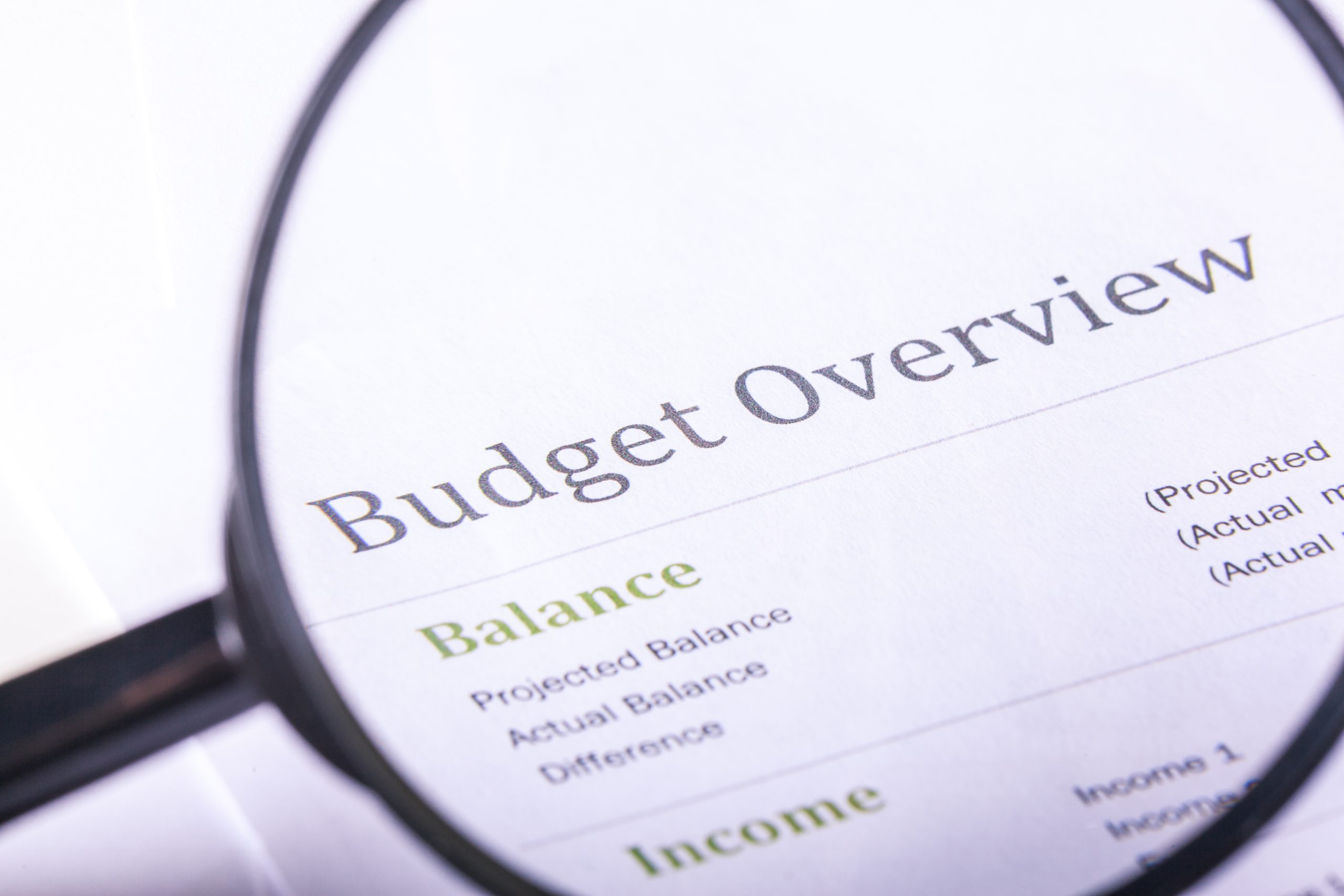Do You Need a Budget? Why?

Do You Need a Budget? Why?
Personal financial management is crucial to achieving economic goals and ensuring long-term stability. However, many overlook a fundamental tool to accomplish this: the budget. A budget is not just a list of income and expenses; it is a detailed plan that allows you to organize financial resources, prioritize objectives, and make informed decisions.
What is a Budget and Why is it Important?
A budget is a financial framework that projects income and expenses over a specific period, usually monthly or annually. Through this instrument, you can determine where your money is going, identify areas for improvement, and plan for the future. Without a budget, it is easy to fall into impulsive spending, accumulate unnecessary debt, and lose sight of financial goals.
Why is a budget essential?
- Expense Control: Knowing how much money is coming in and going out helps avoid unpleasant surprises at the end of the month.
- Identification of Unnecessary Expenses: A detailed budget highlights those expenses that can be reduced or eliminated.
- Achievement of Financial Goals: Saving for a trip, buying a house, or investing in a business requires clear financial planning.
- Debt Prevention: By knowing how much can be spent, unnecessary debts are avoided, and financial health is improved.
- Building an Emergency Fund: A budget allows you to allocate a fixed amount each month for emergencies, providing security against unforeseen events.
- Investment Optimization: A well-structured budget allows for the strategic allocation of money into investments that generate long-term returns.
Types of Expenses in a Budget
To structure a budget effectively, it is important to understand the types of expenses:
- Fixed Expenses: These are costs that remain constant every month, such as rent, mortgage, loan payments, insurance, and basic utilities.
- Variable Expenses: These change each month and may include food, transportation, entertainment, and additional services.
- Occasional Expenses: These are not monthly but occur at specific times, such as vacations, car maintenance, or home repairs.
- Discretionary Expenses: These are considered optional, such as dining out, luxury purchases, or entertainment. These are the first to be adjusted in case of financial difficulties.
The Importance of Monthly and Annual Static Expenses
Static expenses are those that remain unchanged for long periods. These include:
- Rent or Mortgage
- Personal or Student Loan Payments
- Insurance (Health, Auto, Home)
- Utilities (Electricity, Water, Gas)
- Memberships and Subscriptions: Gyms, streaming platforms, digital services.
- Taxes: Annual or semi-annual payments on property or vehicles.
- Home or Vehicle Maintenance: Planned expenses to avoid major deterioration.

List of Monthly and Annual Static Expenses
Monthly:
- Rent or Mortgage
- Loan Payments
- Utilities (Electricity, Water, Gas)
- Internet and Phone Services
- Insurance (Health, Auto, Home)
- Memberships (Gym, Digital Services)
- Transportation (if it’s a fixed cost like a monthly pass)
Annual:
- Property Taxes
- Car Insurance (if paid annually)
- Annual Membership Fees
- Planned Vehicle Maintenance
- License or Permit Renewals
Having a clear list of static expenses makes it much easier to organize a budget and accurately calculate how much money is needed each month and each year to cover financial commitments.
Why Track Monthly Expenses?
Keeping track of monthly expenses is crucial for understanding exactly where your money is going. This allows you to adjust the budget when necessary, identify money leaks, and make informed decisions. Although some people find it tedious and complicated, the use of mobile apps and automated spreadsheets simplifies this task significantly.
When is Micro-Budgeting Necessary?
While everyone should track their expenses, some people need to actively micro-manage a budget every month. This practice is especially relevant in the following cases:
- People with Variable Incomes: Freelancers, self-employed workers, or those who depend on commissions need stricter control to balance high-income months with lower ones.
- Debt Situations: When there is a significant level of debt, strict control over every expense is necessary to allocate the maximum possible to debt repayment.
- Saving for a Clear Goal: If you want to achieve a goal in a set time, like buying a house or a car, micro-managing each expense helps prevent deviations.
- Economic Crisis Situations: During periods of uncertainty, minimizing unnecessary expenses and controlling every outflow is crucial to maintaining stability.
Conclusion
A budget is not a luxury; it is a necessity for anyone who wants to achieve financial goals and maintain economic stability. Controlling income and expenses, identifying areas for improvement, and making adjustments when necessary are practices that provide peace of mind and security in personal financial management. Discipline and commitment to a well-planned budget are the first steps toward financial freedom. In specific cases, micro-budgeting can make the difference between achieving a financial goal or falling short of the attempt.

